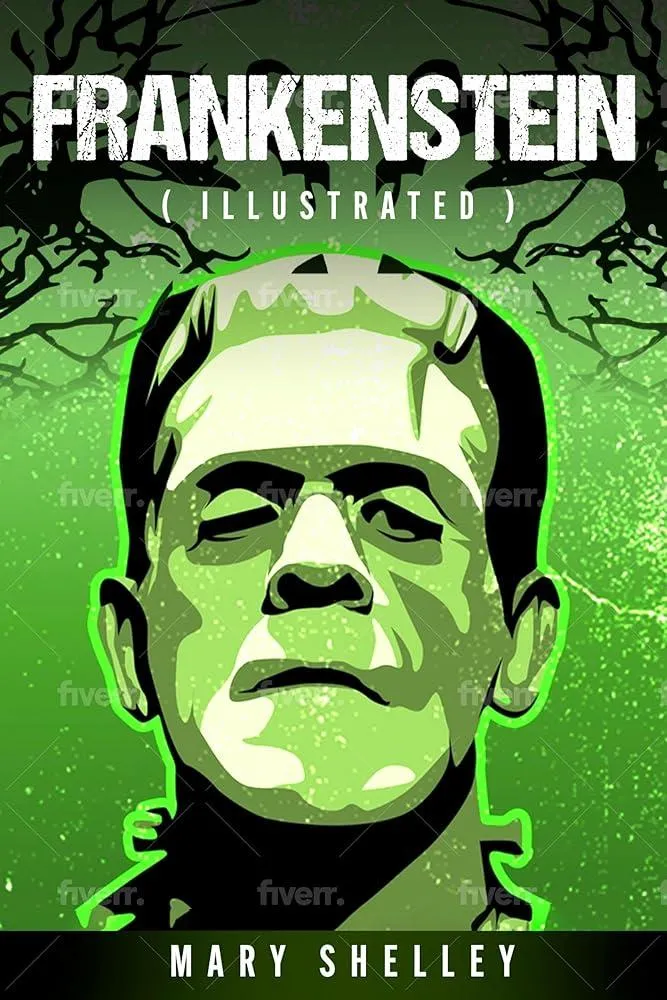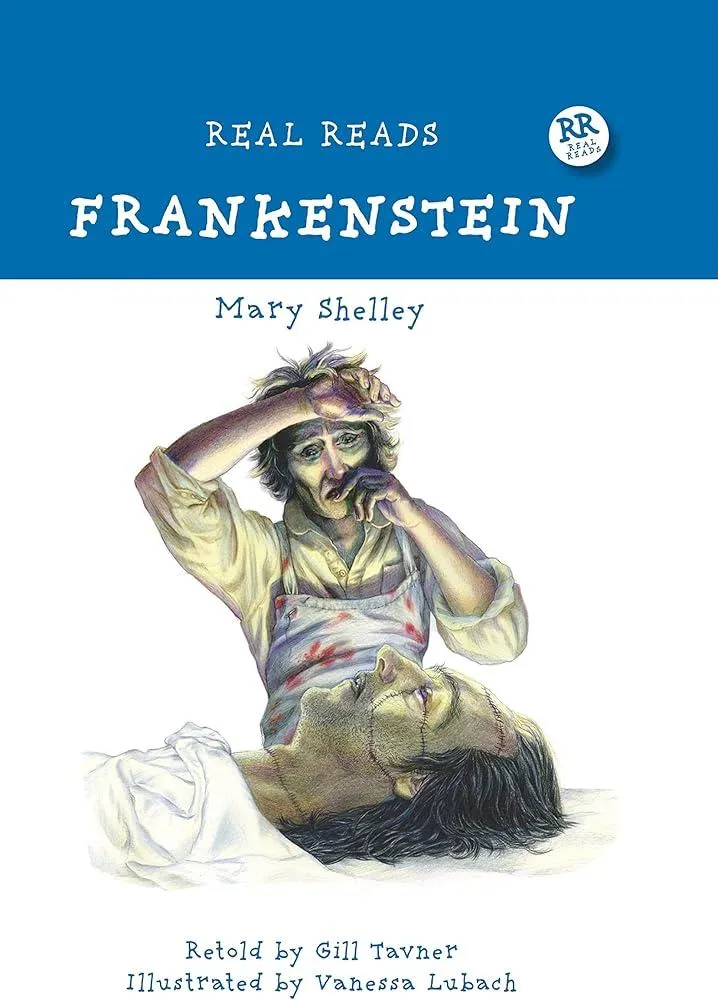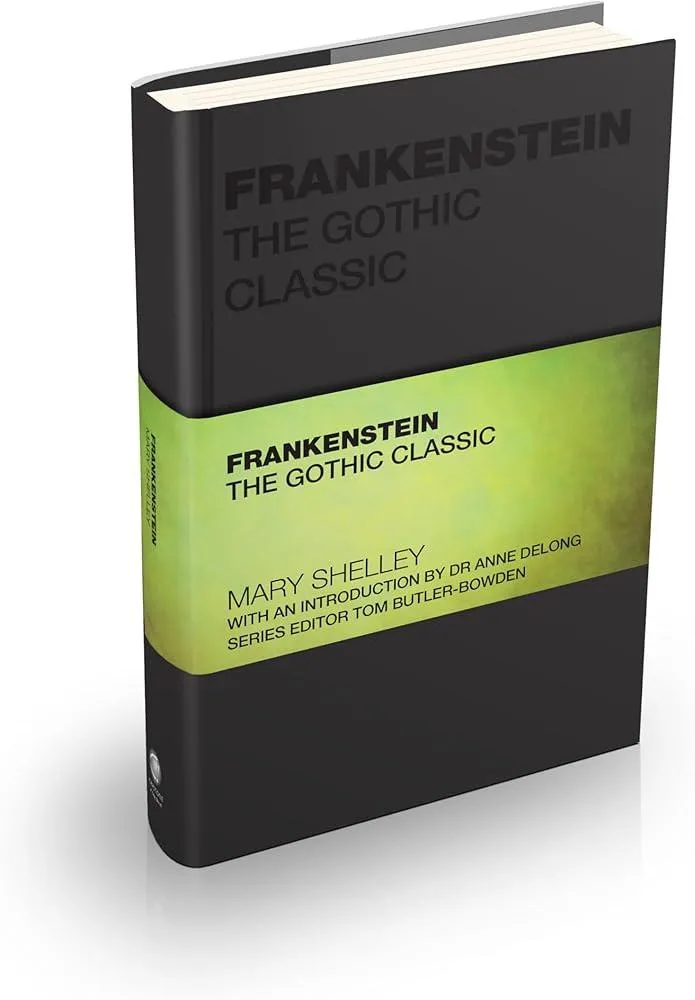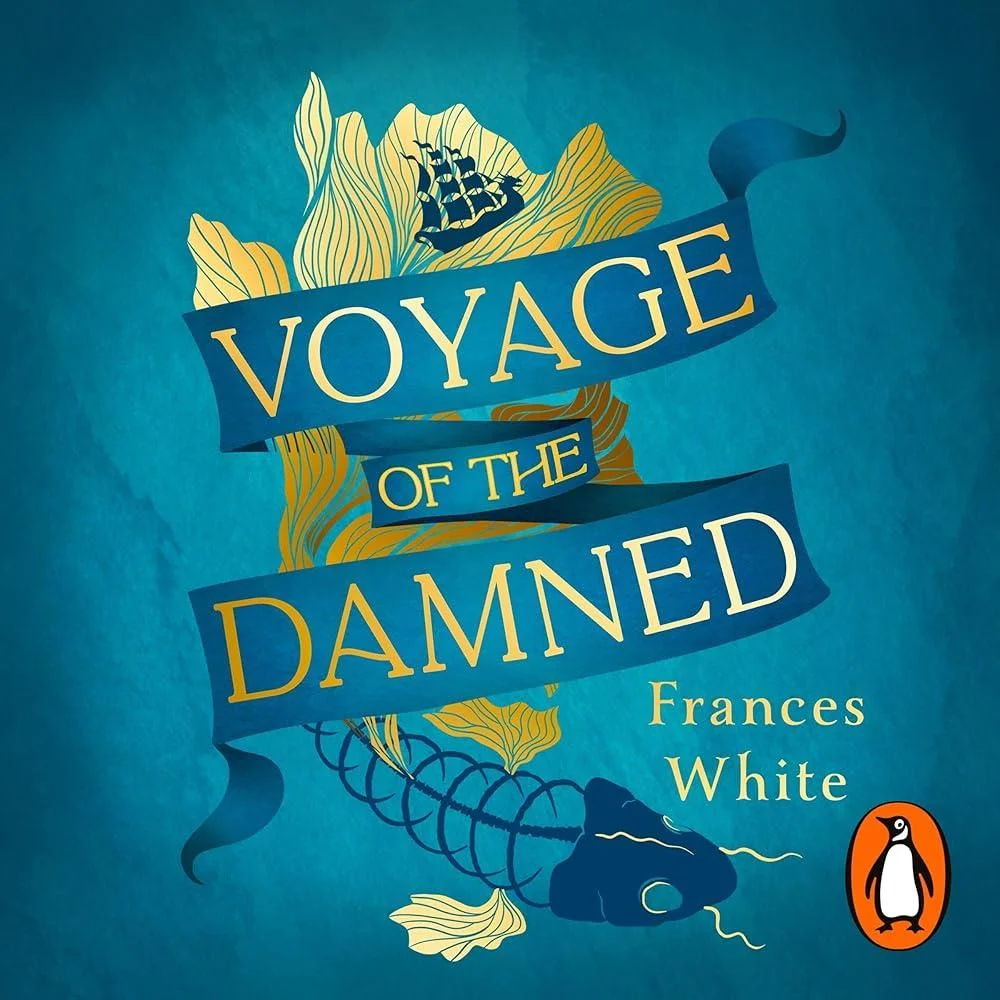
Victor Frankenstein's monster is stitched together from the stolen limbs of the dead, and the result is a grotesque being who, rejected by his maker, sets out on a journey to seek his revenge. In the most famous gothic horror story ever told, Shelley confronts the limitations of science, the nature of human cruelty and the pathway to forgiveness.
Mary Shelley
Mary Shelley was an English novelist, best known for her Gothic novel "Frankenstein; or, The Modern Prometheus," published in 1818. She was born in 1797 and was the daughter of political philosopher William Godwin and feminist Mary Wollstonecraft. Shelley's literary style is characterized by its exploration of existential themes, the consequences of scientific experimentation, and the complexities of human nature. "Frankenstein" is considered a seminal work of science fiction and has had a lasting impact on the genre, inspiring countless adaptations and interpretations. Shelley's other notable works include "The Last Man" and "Mathilda." Her contributions to literature have solidified her as one of the most important figures in the Gothic literary tradition.











